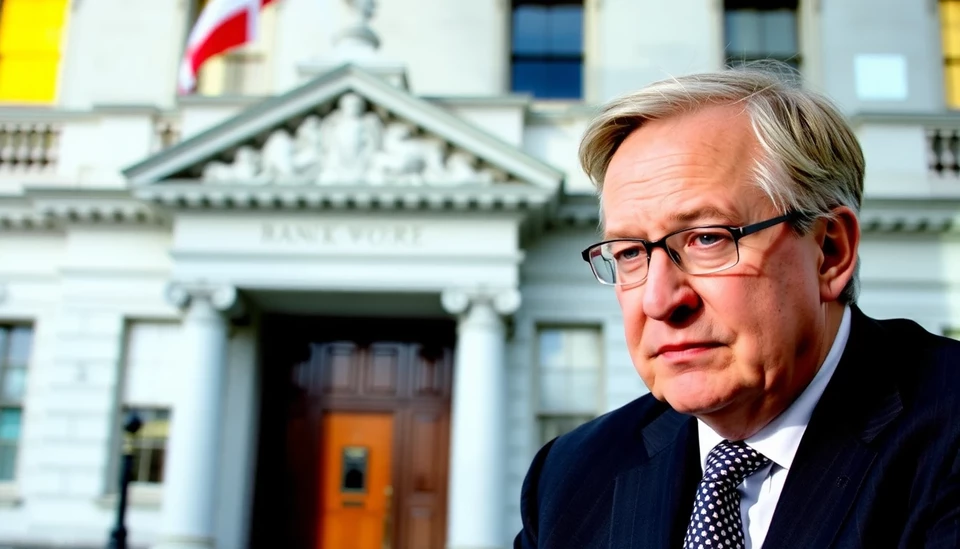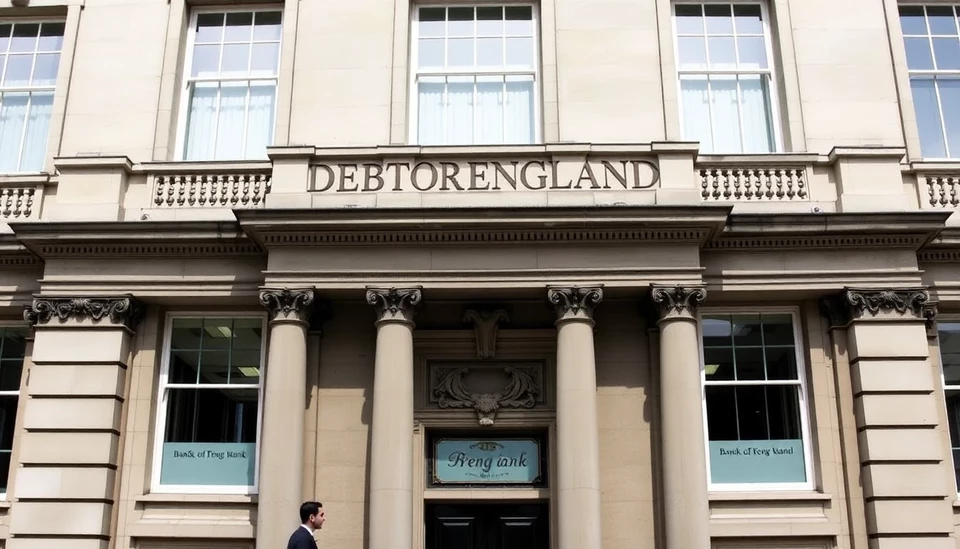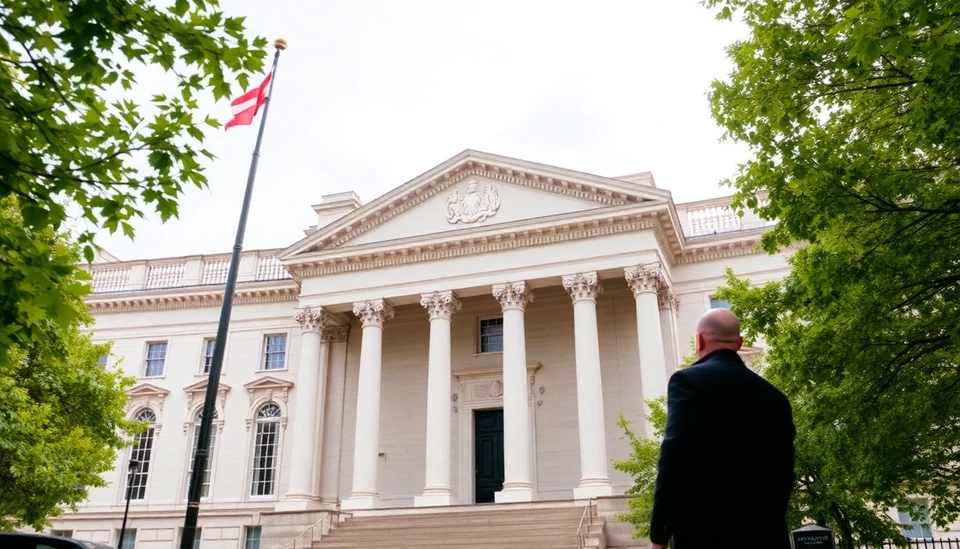
In a recent statement, Andrew Bailey, the Governor of the Bank of England (BoE), addressed the pressing economic landscape shaped by increasing employer taxes. He emphasized that these tax hikes necessitate a careful approach to monetary policy, suggesting that gradual interest rate cuts could be beneficial as the UK navigates these challenges. Bailey's comments come at a crucial time as the BoE is under scrutiny for its decisions that affect inflation and economic stability.
Bailey pointed out that the rise in employer taxes, aimed at boosting funding for vital public services like healthcare, represents a significant burden for businesses and the economy at large. He noted that while such measures are essential for long-term fiscal health, they could concurrently stifle economic growth and demand if not managed judiciously.
During a press conference, Bailey elucidated that the BoE is keenly aware of the implications of these tax increases on consumer behavior and business investments. He argued that these factors could eventually lead to a reduction in the economic output, necessitating a more accommodating monetary policy to stimulate growth. The Governor clarified that any changes to interest rates would be implemented gradually to avoid shock to the financial system.
Market analysts are closely monitoring the BoE's stance, especially in light of ongoing inflationary pressures. Bailey's remarks suggest a potential shift in the BoE's policy direction, as the central bank weighs the impacts of tax reforms against the backdrop of economic performance indicators. The notion of easing interest rates signifies a possible departure from the previous tightening cycle that aimed to combat inflation.
Moreover, Bailey reiterated the central bank's commitment to maintaining price stability while also fostering conditions favorable for economic recovery. He stressed that the BoE would remain data-driven in its approach, constantly evaluating the economic landscape to determine the most appropriate course of action.
The implications of Bailey's statements are manifold. A move towards gradual rate cuts could signal to markets and consumers that the BoE is preparing to support the economy in light of fiscal tightening, potentially influencing spending, investment decisions, and overall economic sentiment.
As the UK prepares for upcoming fiscal initiatives and potential changes in the economic policy backdrop, the balance between addressing inflation and supporting growth remains crucial. Bailey's advocacy for a measured approach highlights the complex interplay between fiscal and monetary policies and sets the stage for further discussions in upcoming BoE meetings.
In conclusion, both businesses and consumers will be watching closely as the Bank of England navigates these upcoming economic challenges, with Bailey's comments serving as a pivotal indication of potential policy shifts in the near future.
#BankOfEngland #AndrewBailey #InterestRates #Economy #EmployerTaxes #FiscalPolicy #MonetaryPolicy #UKEconomy
Author: Laura Mitchell




